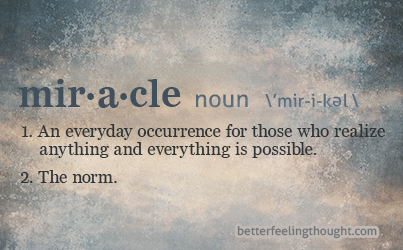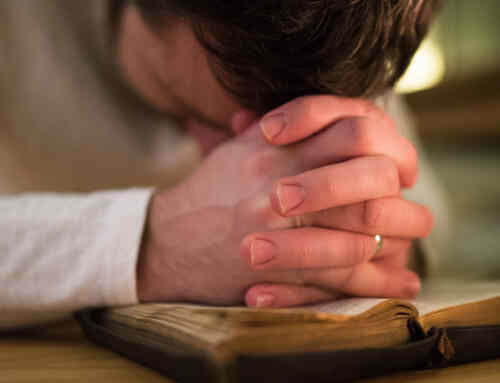In the Greek, the word translated as sick is the Greek word "astheneo". Thayer's Greek Lexicon defines "astheneo" as "to be weak, feeble…to be without strength, powerless…"
Therefore, we might paraphrase these verses as follows: "Is any weak among you (weak in the faith, morally and spiritually weak or ailing) let him call for the elders of the church; and let them pray over him, anointing him with oil in the name of the Lord: and the prayer of faith shall save the wearied one (weary in well doing; the one who is in a "backslidden" condition. The prayers and the words of encouragement of the "elder" brothers in the church may revive the spiritually weary and fainting one). And the Lord shall raise him up, and though he have committed sins they shall be forgiven him. Therefore confess your sins one to another, and pray one for another, that ye may be healed. The effectual fervent prayer of a righteous man availeth much."
In these verses, the weakness and faintness are spiritual, and the restoration and healing are also spiritual. There is no instance in the Scriptures where the Apostles or believers healed each other of their physical pains and sicknesses. When Timothy was suffering from indigestion, the elders were not called in to pray over him. Instead, the Apostle counseled him to drink a little wine to help his stomach (1 Timothy 5:23). The Apostle Paul, himself, was afflicted with painfully weak eyes (a "thorn in the flesh”, 2 Corinthians 12:7-9) and prayed for relief. But God did not completely heal his sight (Galatians 6:11). He continued to have weak eyes. In conclusion, Christians are nowhere authorized to practice "faith healing" amongst themselves.




















